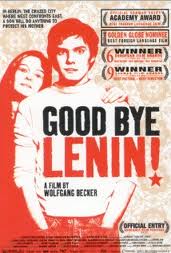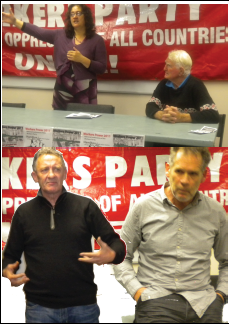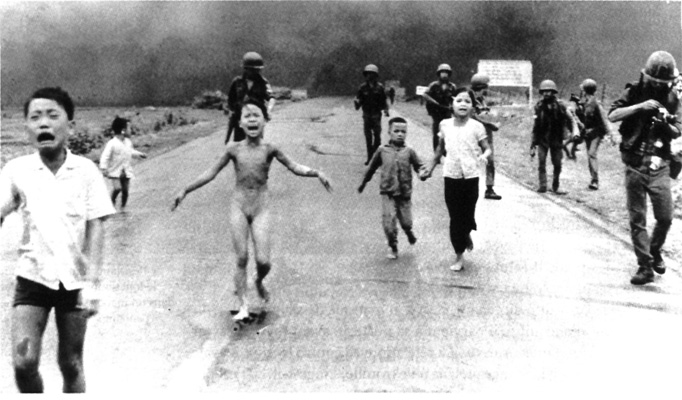Continuation of our discussion about communist organisation (On The Party Question and Demoralisation or Disorientation?)
Only he [sic] who can keep his heart strong and his will as sharp as a sword when the general disillusionment is at its worst can be regarded as a fighter for the working class or called a revolutionary.
Gramsci, Avanti, Piedmont edition, 24 September 1920
At the last Retreat, I raised the concept of the fighting (or “combat”) propaganda group as an appropriate model for the WP in current conditions. Whilst the idea seemed to meet with general approval, I haven’t had the chance to expand on it until now.
The WP now, and for the foreseeable future, needs to be a “fighting propaganda group”: an organisation whose chief concern is propaganda, but which conducts its propaganda while always immersing itself in and responding to the class struggle, and while always seizing every real opening for genuine agitation.
Continue reading “The Fighting Propaganda Group”




